The bonds, if all approved by voters in November, would provide $20 million for housing, $20 million for transportation, $20 million for parks and recreation and $20 million for public safety.
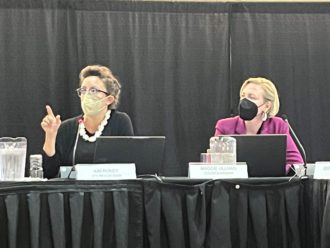

The bonds, if all approved by voters in November, would provide $20 million for housing, $20 million for transportation, $20 million for parks and recreation and $20 million for public safety.
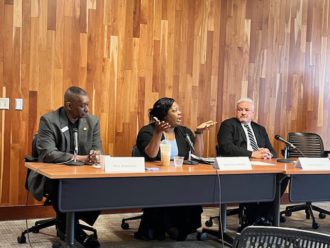
Three candidates for Buncombe County Board of Commissioners gathered at the May 10 Council of Independent Business Owners meeting to lay out their vision for the county’s future direction.

With the general election six months away, Xpress asked each candidate about campaign strategy and lessons from the trail thus far.

“There are lots of things we can’t do, but are we doing what we can?” asks Council member Kim Roney, who is up for reelection this year.

“We often study an issue as if we are the first city to consider it. More often we are the last,” says Kevan Frazier, who is one of six candidates vying for three open seats on Asheville City Council.

“There are layers of government in Asheville that can make our management and maintenance understandably confusing and frustrating,” says Council member Sage Turner, who is up for reelection this year.

Republicans and unaffiliated voters who cast a Republican ballot in the March 5 primary election have some unfinished business in choosing which candidate will run against Democratic opponents for two state races in November’s general election.

“There are a host of things the city and county could do to help small businesses thrive, but for a start the city and county can simply do their jobs,” says Tod Leaven, who is one of six candidates vying for three open seats on Asheville City Council.

“A common misconception about Asheville City Council is that members are distant from everyday community concerns. In truth, Council members are community members too, deeply invested in Asheville’s well-being,” says Roberto “Bo” Hess, who is one of six candidates vying for three open seats on Asheville City Council.

“We need to reach across the gaps between neighborhoods, across industries and between social groups to talk to folks older and younger than ourselves and ask what they can teach us,” says Charles “CJ” Domingo, who is one of six candidates vying for three open seats on Asheville City Council.
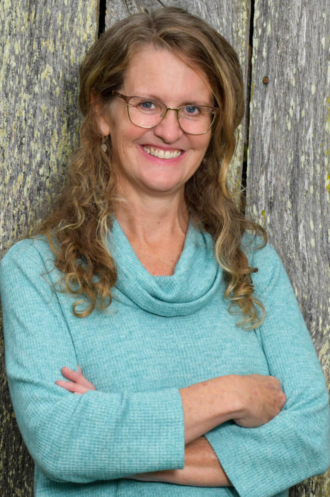
Commissioner Terri Wells is seeking reelection in 2024, representing the newly drawn District 2.
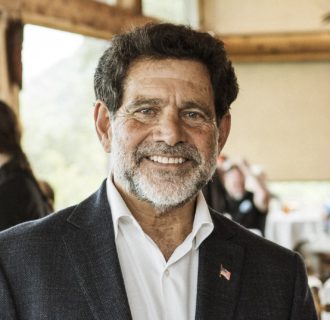
Bruce O’Connell is running as an unaffiliated candidate for Buncombe County Board of Commissioners District 2.

Paul Benjamin, a Republican, is running for Buncombe County Board of Commissioners District 1.

Jennifer Horton, a Democrat, is running for Buncombe County Board of Commissioners District 1.
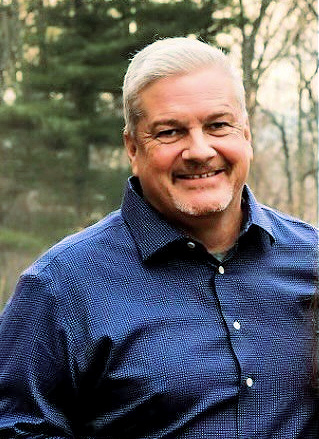
In February, former Buncombe County Sheriff Van Duncan surpassed the 8,295 signatures required to get on this year’s ballot for chair of the Buncombe County Board of Commissioners. Duncan, a one-time Democrat who served as sheriff from 2006-18, is running as an unaffiliated candidate.
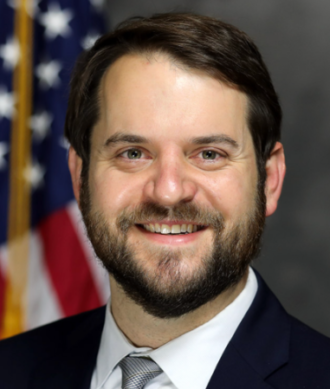
Incumbent Buncombe County Commissioner Park Sloan will run in an uncontested race for this District 3 seat. Sloan joined the Buncombe County Board of Commissioners in 2020, where he serves as chair of the newly formed Buncombe County Climate and Environment Committee.
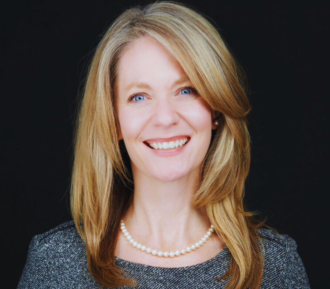
Democrat Amanda Edwards announced her bid for chair of the Buncombe County Board of Commissioners in October, where she currently serves as a commissioner for District 3. If elected in November, Edwards would become the first female chair.

The mayor shared her enthusiasm about a potential business improvement district, or BID, in the city’s downtown.
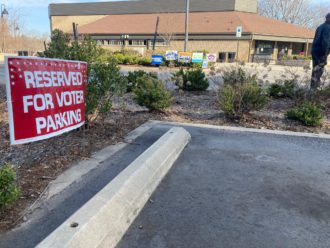
While the March 5 primary delivered few surprises at the top of the ticket, local races delivered some firsts for Buncombe County in an election that saw a far lower turnout than the previous presidential primary in 2020.

Duncan, 59, and his team gathered the signatures in 40 days, well ahead of the March 5 deadline, mostly by sending almost 40,000 mailers to unaffiliated or Republican voters in Buncombe who’ve voted in the past three elections.

“It’s a very new feeling for me and I think I was embarrassed to let people know,” Taylon Breeden said of her difficulty in finding housing. “But it’s important that I tell the story because it is relatable and we’re all facing it so harshly right now.”